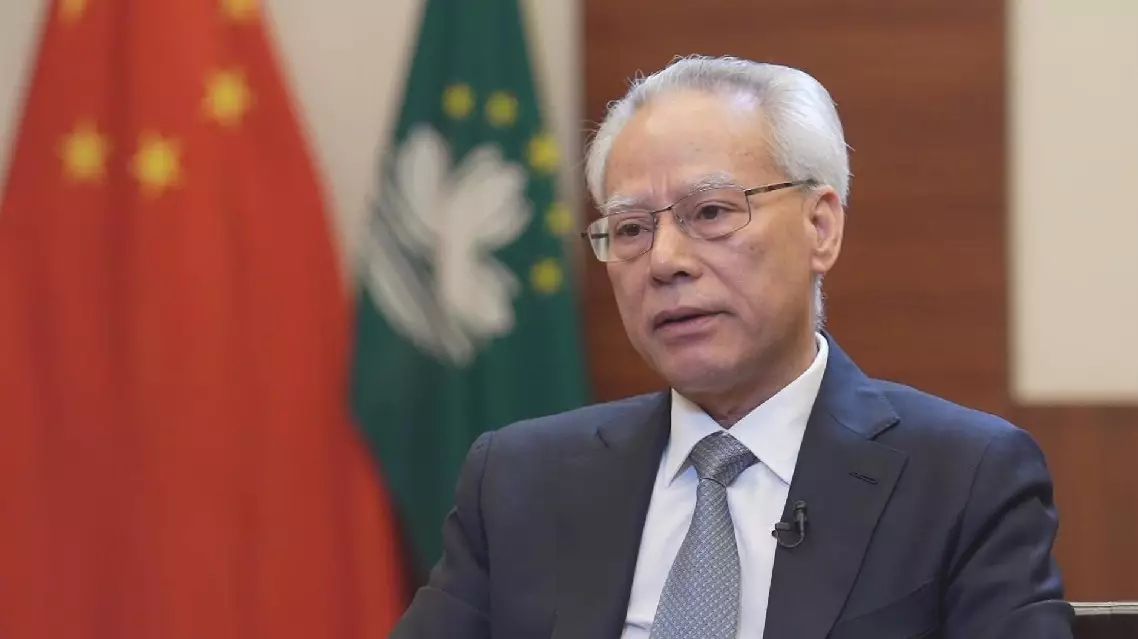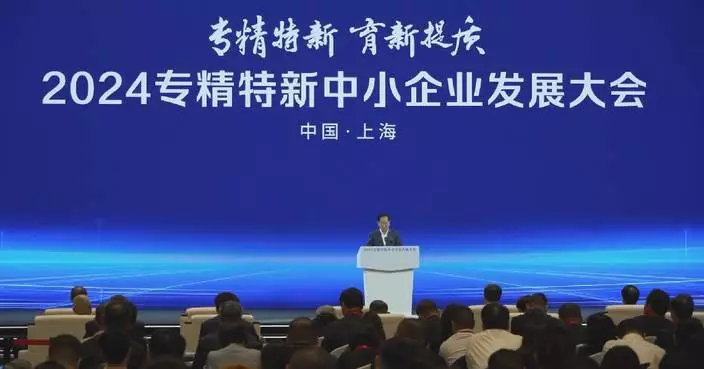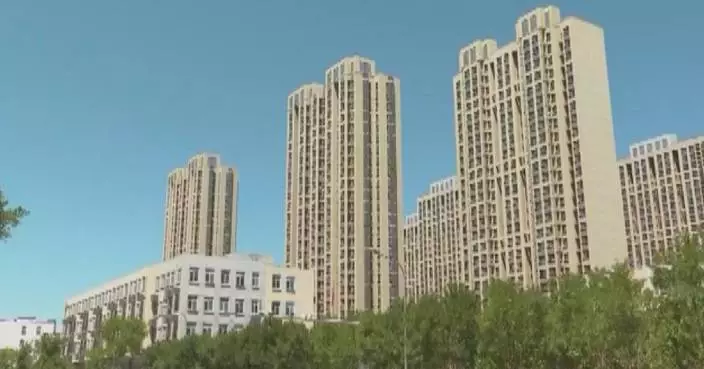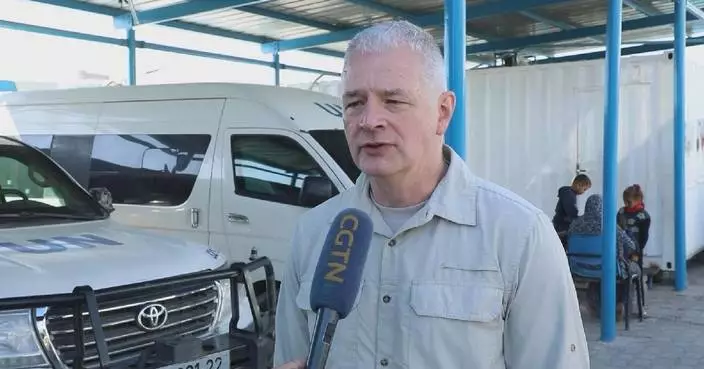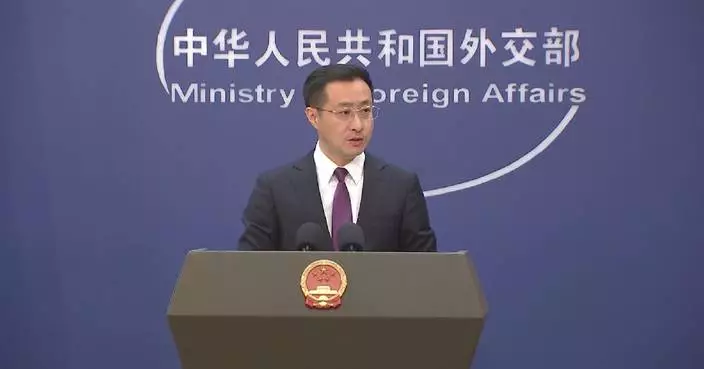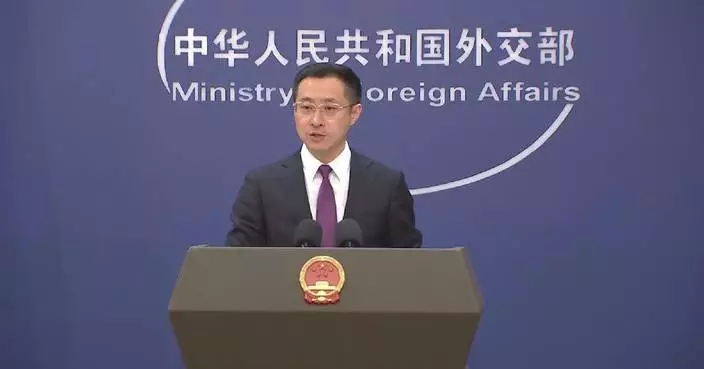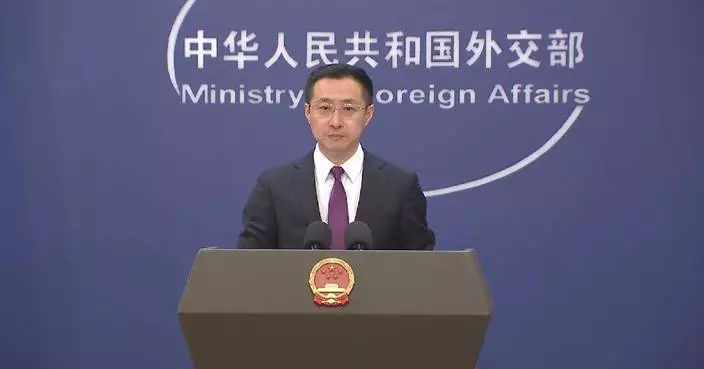China will continue to unite and cooperate with Central Asian countries and will enhance development strategy alignment with them, said Foreign Ministry spokesman Lin Jian at a press briefing in Beijing on Monday.
Lin informed media of the 5th China-Central Asia Foreign Ministers' Meeting held in Chengdu, southwest China's Sichuan Province.
"Wang Yi, Foreign Minister and also member of the Political Bureau of the Communist Party of China Central Committee, chaired the 5th China-Central Asia Foreign Ministers' Meeting in Chengdu on Sunday. The six foreign ministers had in-depth exchanges on carrying out the outcomes of the first China-Central Asia Summit and advancing China-Central Asia cooperation on all fronts, and made full political preparation for the second summit in 2025. The six foreign ministers signed and issued a joint declaration and attended the ceremony to launch the Tianfu cross-border freight truck service to Central Asia and the opening ceremony of China-Central Asia special commodity exhibition and sales center," said Lin.
The first China-Central Asia Summit was successfully held in China's Xi'an in May 2023.
"Since the first China-Central Asia Summit was held last year, a ministerial level meeting platform for trade, customs, agriculture, transportation, industry and investments has been set up smoothly, with major projects carried out one after another and cultural exchanges becoming more convenient. China is ready to continue to unite and cooperate with Central Asian countries, enhance development strategy alignment and jointly build a closer China-Central Asia community with a shared future," said Lin.
During the meeting, the six foreign ministers reached consensus in five key areas: agreeing to adhere to the guidance of their heads of state and to strengthen and enhance the China-Central Asia mechanism; agreeing to pursue the goal of modernization and to deepen all-round cooperation; reaffirming commitment to sharing weal and woe and to upholding regional peace and stability; emphasizing everlasting friendship through generations; pledging to uphold multilateralism.
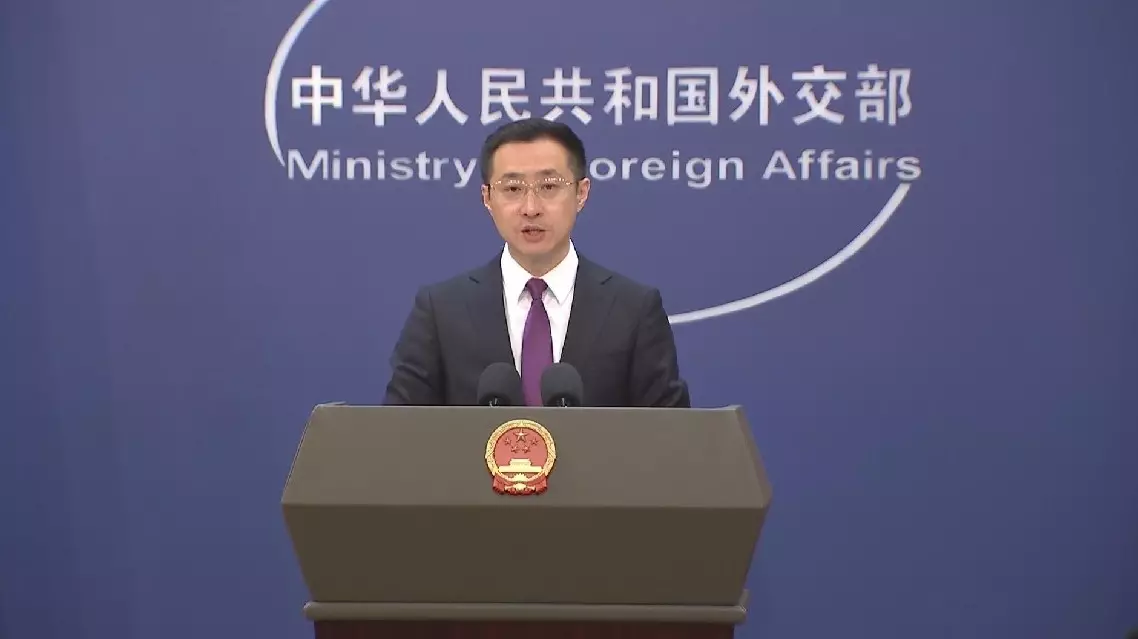
Spokesman on China's relations with Central Asia


